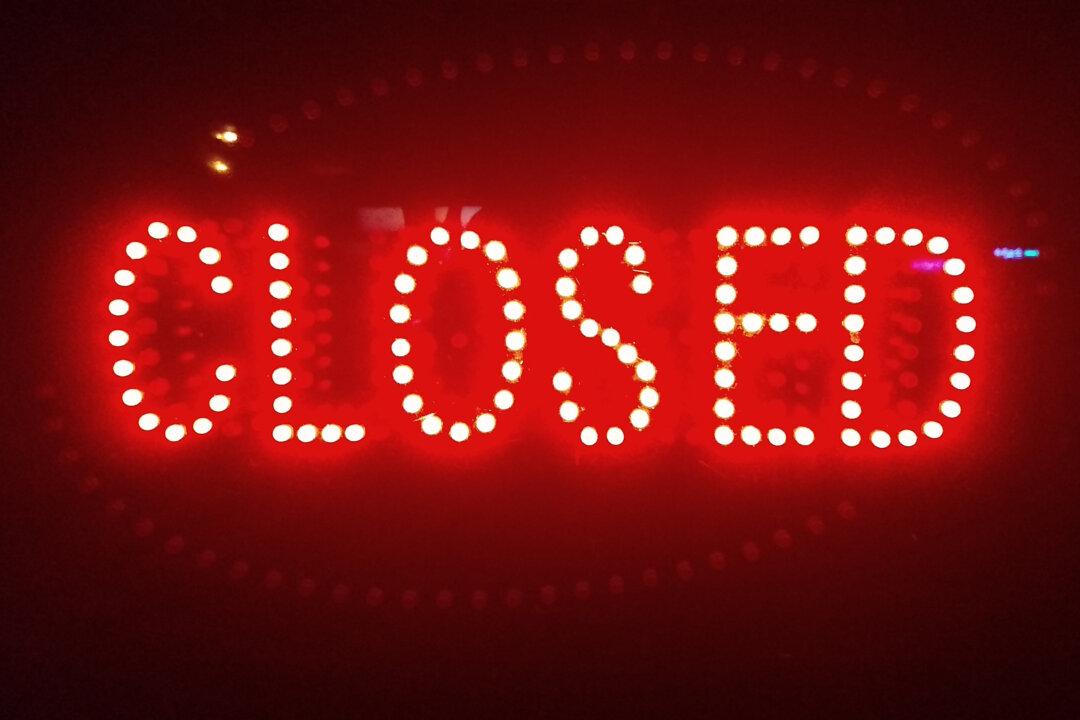Commentary
Over the past two years in the United States, the number of business formations has fallen by about 3 percent per month. That recovered briefly after the devastation of lockdowns, at a time when as many as a third of small businesses shut forever, but that recovery has come to an end and we are in a period of slow decline.





